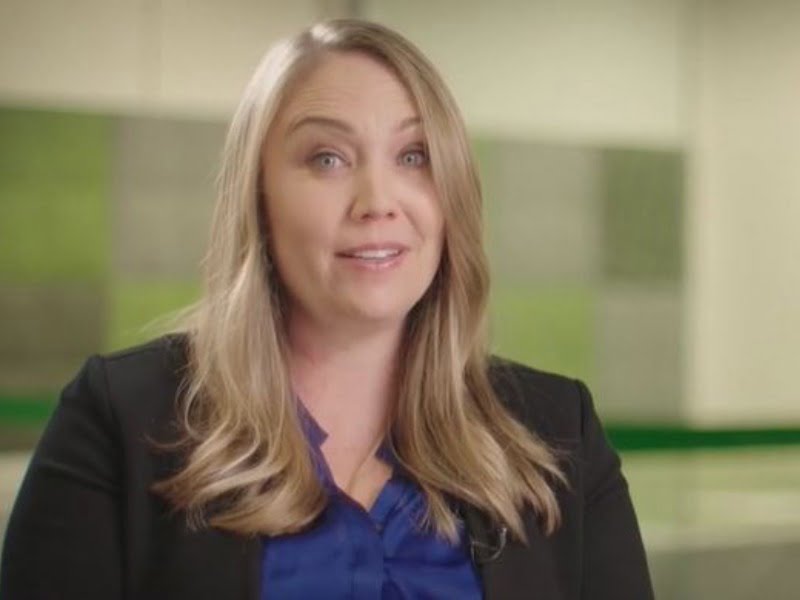The prudential regulator’s decision to stop issuing new banking licences for at least six months will “stifle innovation” and cripple FinTechs, according to FinTech Australia.
The Australian Prudential Regulation Authority wrote to licence applicants earlier this week, saying that due to the ongoing COVID-19 pandemic it would not issue any new banking, insurance or superannuation licences for at least six months.
“Experience has shown that it is challenging for new entrants to succeed even under normal economic conditions, which is why APRA does not consider it prudent to licence APRA-regulated entities at this time,” APRA general manager of regulatory affairs and licensing Melisande Waterford said in the letter.

APRA would continue to review current applications during this time to minimise the delay once the hold has been lifted. It would review the decision regularly but expects the licensing pause to last for at least the next six months, Ms Waterford said.
“As the operating environment stabilises, APRA will keep its approach under review and advise current applicants when the granting of licences will restart. However, APRA expects this temporary hold could last at least six months and delay APRA licences by at least this timeframe,” she said.
But the APRA’s decision has been pilloried by FinTech Australia general manager Rebecca Schot-Guppy, who said it would cripple local FinTechs and block innovation at the worst possible time.
“APRA’s decision to withhold providing banking licences will stifle innovation when it’s needed most. A minimum six-month delay to licensing could collapse FinTechs seeking this licence and cost [the nation] jobs – they can’t afford to treat water for that long,” Ms Schot-Guppy told InnovationAus.
“We also disagree with APRA’s premise that adversity will make it difficult for new entrants to succeed. It’s well-documented that some of the world’s greatest startups were born during times of strife. Square, Slack and WhatsApp were all founded during the 2008 US recession.”
It’s important to ensure new FinTechs are still entering the market during the ongoing crisis, Ms Schot-Guppy said.
“Australia should instead be welcoming new entrants, giving them the ability to compete and supporting FinTech and major company partnerships,” she said.
“Many companies have expedited their own digital transformations in light of COVID-19. FinTech partnerships play a key role in transforming existing financial services, but they can only do this in a supportive regulatory framework,” she said.
But Ms Waterford said it’s important that APRA maintain the high entry standards for banking institutions, and this isn’t possible during the COVID-19 pandemic.
“Financial institutions, particularly those that take customer deposits, look after superannuation funds or issue insurance, occupy a unique position of trust,” Ms Waterford said.
“The financial safety of these institutions is key to the financial stability and wellbeing of the community and, as a result, these institutions are subject to higher standards than many sectors of the economy,” she said.
“This includes higher entry standards. The process of granting an APRA licence is intended to help ensure that a new entrant will be able to honour the financial promises it makes under all reasonable circumstances.”
Do you know more? Contact James Riley via Email.

